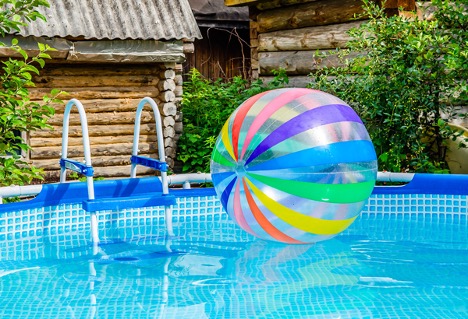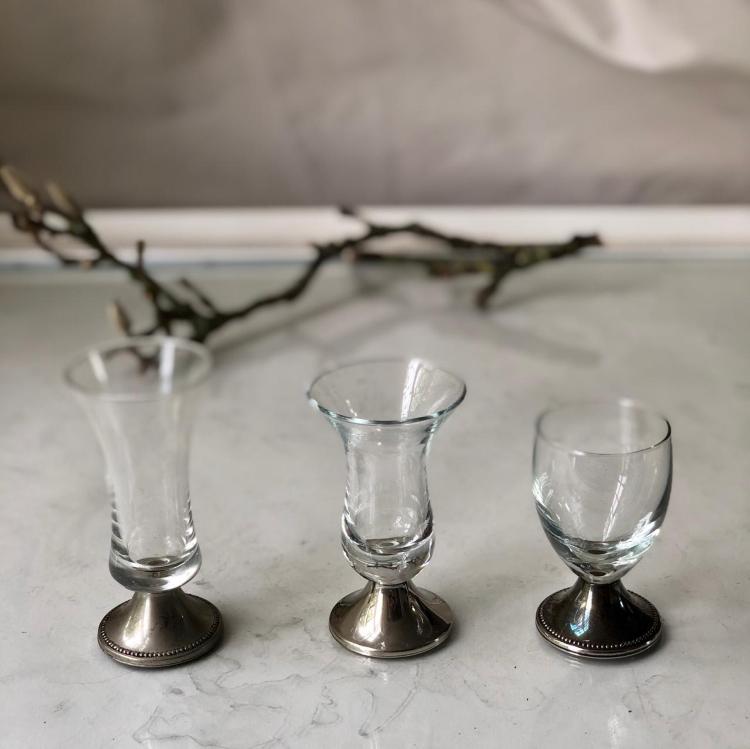What is the difference between a wine glass and a glass?
Russian, one of the richest languages in the world, has absorbed many foreign words. A glass and a wine glass are among them, borrowed. In everyday life, we often use them as synonymous words. But is this really so? Let's figure it out.
The content of the article
Wine glass and glass - what's the difference?
To answer this question, let's turn to official sources.
Meaning (interpretation) of words
IN explanatory dictionary V.I. Dalia, first published in the sixties of the 19th century, the “glass” is present. It is defined as “a glass of a different type: large, tall, or with a stem... a large glass, or tall... for sparkling wines.” Not a word about the wine glass.
IN explanatory dictionary S.I. Ozhegova, the first copy of which was published in 1949, a glass means a vessel for wine in the form of a large glass. To raise a glass means to toast someone or something. There is also a mention of a wine glass: it is described as a glass on a high stem. The established expressions “crystal wine glass” and “champagne flutes” are also given as examples.
It is difficult to draw any clear conclusions based on this information, so let’s dig deeper.
Etymology (origin)
The history and origin of words is studied by a special branch of linguistics - etymology. The data obtained as a result of research is contained in etymological dictionaries, as well as in dictionaries of foreign words. Linguists associate the concept of “glass” with:
- with Italian bocca - mouth and boccale - mug, beer mug, jug, for the mouth;
- with French bocal - jar, jug, bottle, bottle.
According to some sources, the word has Greek or Latin roots. Anyway, in the broadest sense it means “drinking vessel with a stem.”
Wine glass in Large dictionary of foreign words of the Russian language means "wine glass". But in etymological dictionary of N. M. Shansky there are more details. According to them, the word “wine glass” was borrowed from French at the end of the 19th century. Fougères is the name of the city where the production of fougere glass was launched at the end of the 19th and beginning of the 20th centuries. That’s why in V.I.’s dictionary Dahl, which by this time had already been published, there is no mention of him.
Conclusions and assumptions
Summarizing all of the above we can summarize:
- A glass is a general name for drinking vessels with a stem.
- A fougere is a type of glass designed for sparkling wines such as champagne.
But this, as young people now like to say, is not accurate. The data, as we see, are quite approximate and do not give a clear answer to the question.
For example, I have my own version about this. Perhaps once upon a time one of the Russian merchants brought glasses from the city of Fougeres. To attract attention and increase sales, or maybe due to problems with French, he could have left the original name. And then it went “to the people.” But this is just a guess.
Should we focus on how to say correctly: glass or wine glass? In this particular case it doesn't really matter. If learned men - representatives of Russian literature - have not come to a common opinion, then why should we, mere mortals, “rack our brains” over this. Pour champagne into glasses, raise your glasses to the health of your family and friends, and be happy.
Tatyana, I think you are right! Because: a “glass” is not a wide vessel - “a mouth, a neck.” A glass is convenient for consuming “certain” drinks. And the name of the wide vessel “wine glass” comes from the word “pujera” = skirt - the neck is widened like a skirt. This wide “wine glass” vessel is designed for cocktails and various exquisite drinks. So that you can enjoy the original aroma and taste of various noble drinks. Slowly consume these drinks in small sips.
Let's drink delicious drinks together, Alexander?
Or maybe the word GLASS is somehow translated from some language?
But in my opinion, the charm of the drink does not depend much on the name of the glassware.
A taster taught me: a glass is a vessel with a stem, straight or narrowed at the top, and a wine glass is a vessel with a stem, but widened at the top. The shape is important for sparkling drinks, when the foam with the expansion of the upper part does not rise very quickly.
Nothing! And from the glass too! If only there was something to pour and good company.






A glass and a wine glass differ from each other in the ratio of the height and width of the vessel